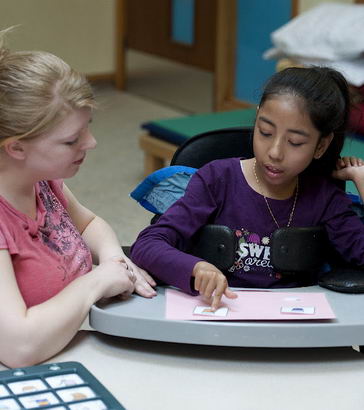

It’s worth noting that the literature also documents a higher-than-expected level of depression and anxiety in the well-hearing partners of people with severe/profound hearing loss. 1-3 Depression and anxiety themselves increase the likelihood of social withdrawal which is already a problem due to communication problems, and so a vicious circle sets in. These have been well-documented in the literature on severe/profound hearing loss. It’s not hard to see how this can spiral into problems in the mental health domain, most often manifesting in reactive depression and anxiety. Impact on mental healthĪnything that adversely affects our relationships on a broad front will affect our core relationship with ourselves. Second, they lose their sense of independence because they so often have to rely on the goodwill of others to speak clearly or to act as an intermediary for them with a third party. First, they lose self-confidence, knowing as they do that any and every conversation is likely to end up being stressful for them and confusing or off-putting for their conversation partner. People with severe/profound hearing losses not only lose easy communication because of their hearing, they also experience two further losses. Our relationships with others lie at the very core of our humanity – it’s how we know who we are and where we fit in the world. This barrier directly affects their ability to form and maintain important relationships. Whether they are at home with family in a quiet room, socializing with friends in a busy pub, or engaging with colleagues in the workplace, every single time they want to talk to someone their hearing problems impose a communication barrier that is often insurmountable. The patient with a severe/profound hearing loss lives with severe communication challenges not only when listening conditions are difficult, but actually in EVERY conversation they have. Conversing with others is simply hard work and often unrewarding despite the best of technology, and can easily begin to seem more effort than it’s worth (a sentiment often reported not just by those with hearing loss but by their close family members as well).Īnd so begins the downward spiral of social withdrawal and isolation, with everything that flows from that – including suboptimal use of hearing devices. The cognitive processing demands of lipreading interfere with short- and long-term memory storage the intense listening effort needed to follow speech causes strain and fatigue the emotional cost of being on the receiving end of puzzled and often unsympathetic reactions from friends and strangers alike when conversations don’t flow smoothly takes its toll and above all, the sense of always being on the edges of the conversation or group and always one step behind becomes the norm rather than the exception. The challenges faced by patients living with severe/profound hearing losses certainly include these same problems, but they go way beyond that.
#SEVERE PROFIND FULL#
The full impact of SPHLĪudiologists know the challenges faced by patients living with mild/moderate hearing losses, which include frustration, misunderstandings, and the risk of frequent withdrawal from social communication especially when listening conditions are difficult.


The challenges of severe/profound hearing loss aren’t ‘just a bit worse’ than mild/moderate hearing loss – they’re much more than that, for patient and audiologist alike.


 0 kommentar(er)
0 kommentar(er)
